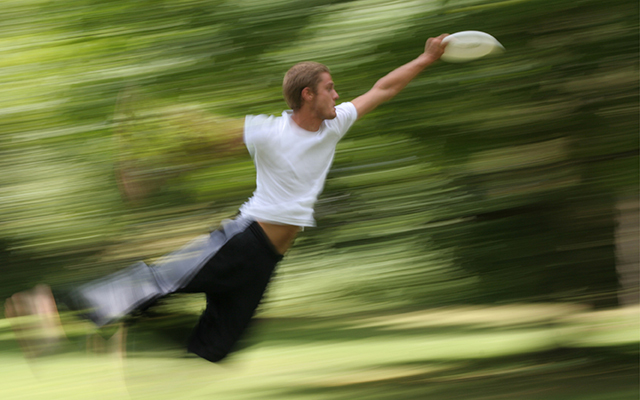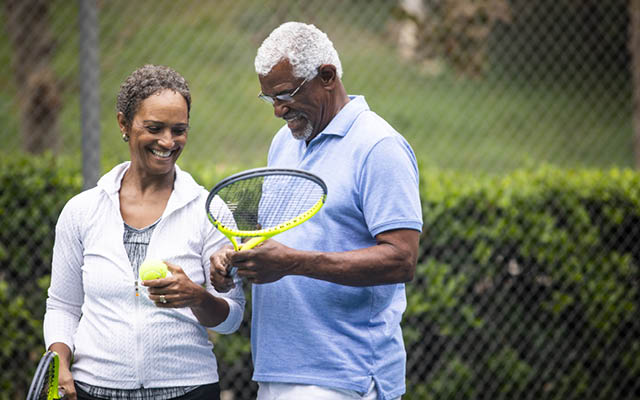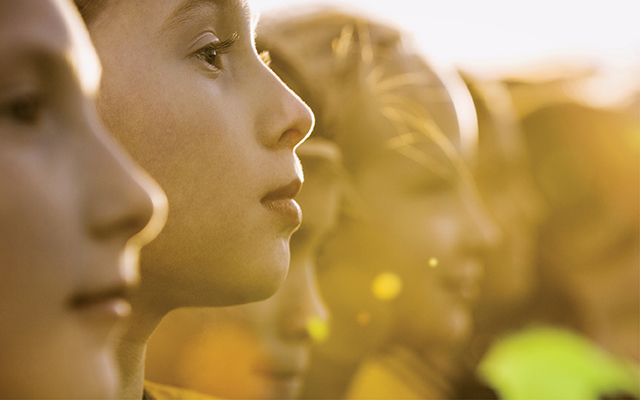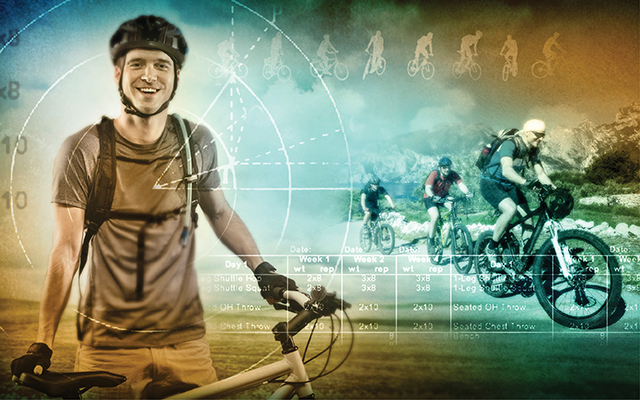When I was a teen playing organized baseball and hockey, if we lost a big game, we often went home feeling disappointed, dejected, even disheartened. An important loss could color my mood for days.
Last night, my son and his high school ultimate Frisbee team lost that big game. As a parent, I tasted that disappointment and dejection all too well-remembered from youth.
My son and his teammates, though, did not. They weren’t thrilled to lose, of course, but still, they were jubilant to have even played; they were high on the game. They congratulated their fellow players on the opposing team. And then they piled into a car and dashed off for a celebratory pizza party. For a loss!
What gives?
Ultimate Frisbee is what gives. And a central part of the sport is what’s known as “spirit of the game.”
If you don’t know ultimate, check it out. (Simply “ultimate” is the sport’s actual name; most of us old-timers add the “Frisbee” suffix because we’re clueless and not part of the cool kids. And furthermore, they don’t actually use a Wham-O brand Frisbee; they use “discs” specially made by Discraft.)
If you date from way back when, you might remember playing what we then termed “Frisbee football” — which was sort of the same sport, although we usually played it one-handed, as we had a beer in the other mitt. If he wasn’t a bowling-star wannabe, Jeffrey Lebowski would have been captain of the dream team.
Today, ultimate is an organized game (yes, they now even have a rule book) played in schools, colleges, clubs — but, thankfully, not yet professionally or Olympically.
It’s indeed related, vaguely, to football — or soccer, hockey, or basketball. Except once you catch a pass, you can’t move; you pivot on one foot and throw again. And there’s no tackling, checking, pick-ing, or intentional physical contact. In hockeyspeak, no goons need apply.
But that’s just the mechanics of the sport. The key truly lies in that concept of the spirit of the game. In fact, it’s described in the rule book — as the second entry:
“Ultimate relies upon a spirit of sportsmanship that places the responsibility for fair play on the player. Highly competitive play is encouraged, but never at the expense of mutual respect among competitors, adherence to the agreed upon rules, or the basic joy of play. Protection of these vital elements serves to eliminate unsportsmanlike conduct from the Ultimate field. Such actions as taunting opposing players, dangerous aggression, belligerent intimidation, intentional infractions, or other win-at-all-costs behavior are contrary to the spirit of the game and must be avoided by all players.”
On the field, this is acted out in several ways. First, the game is self-refereed. Yes, players call traveling, picks, and fouls, and then negotiate with their fellow players. Only in high-level tournaments or the semi-pro games are there observers — but still, not referees. And coaches don’t call fouls, or even timeouts. Parents and fans never do.
And anything as in-your-face as spiking the disc after scoring a point is frowned on. (Although, sadly, this is starting to change in “higher” levels of the sport.)
When a game is over, not only do the teams line up to shake hands with each other but they then form a “spirit circle” — alternating teams’ players, arms around each other’s shoulders — and celebrate the game, great plays, and MVPs. Teams sometimes even sing, chant, or even rap songs or poems to the other team.
I have never seen a fight in a game. Never overheard swearing. Never even seen a serious argument or any pushing or shoving.
And at the end of a tournament, one team usually “wins” based on points or game victories, while a second award is given based on players’ votes for the team with the best spirit. Woe to a team that sweeps the games but loses on spirit.
From my experience playing sports as a kid, we were often told, “It doesn’t matter if you win or lose — it’s how you play the game.” Nice sentiment, but in truth it was mostly lip service: You were supposed to win.
Seeing how too many sports at all levels are played these days, I think we could all learn a lesson from ultimate’s concept of the spirit of the game.
In fact, the world could, too — which is the idea behind Bid For Peace. A “bid” in ultimate parlance is a dive for the disc, and the concept of this nonprofit is to teach kids around the globe about ultimate as a way of teaching them to get along and negotiate with each other. Among locales, Bid For Peace hosted tournaments everywhere (yes, my son has proudly played in several) and a program in the Middle East is teaching the sport to Israeli, Arab, and Palestinian kids. Just imagine a world where the next generation grows up with these kinds of self-refereeing and negotiating skills. The goal, as the group says, is “Ultimate Peace.”
So, again, if you don’t know ultimate, check it out. And get your kids playing.
For more on putting the fun back in sports, see “Putting Kids Back Into Kids’ Sports” in our archives.




This Post Has 0 Comments